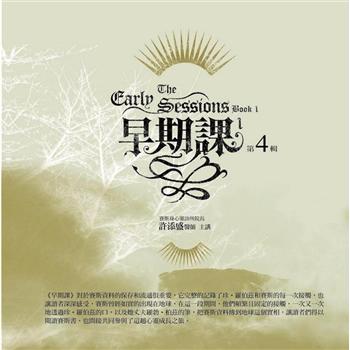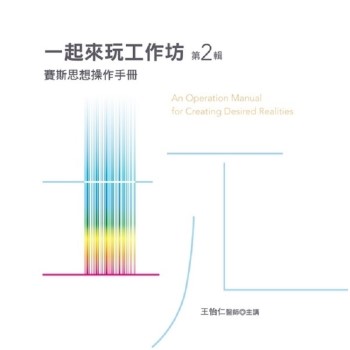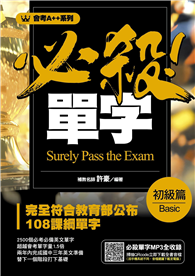The city is the largest human artifact. It is made by us, yet simultaneously it makes us, as well as all other nonhuman entities.
The particular discourse to which this book on the city contributes is the discipline of architecture. It explores a simple question: How does the city effect the mode of existence of its buildings?The tradition within architectural history that identifies the city as the origin of our buildings poses a challenged to us, as architects, to theorize about the city’s form and use in order to rationalize our own actions. In opposition to other disciplinary approaches to the city and its architecture, however, the book argues not for type (Rossi, Ungers) as the deepest aspect of the architecture of the city. Neither will it be the function (Venturi & Scott Brown, Koolhaas) of the city to explain its material organization, nor is matter considered (Jacobs, Banham) to be deeper than the real city. Instead, this books argues that the mode of existence of architecture is inherent to the city itself, which originates its architecture as part of its being as a technical object.
The concept of the technical being that is used to define a new ontology of the architecture of the city is taken from Gilbert Simondon’s theory of mechanology. In this book I re-originate Simondon’s approach into the discipline of architecture, thus presenting the city not simply as a milieu in which its buildings emerge, but as a technical object with the capacity to converge its elements and individuate new ones--that is, architecture.












